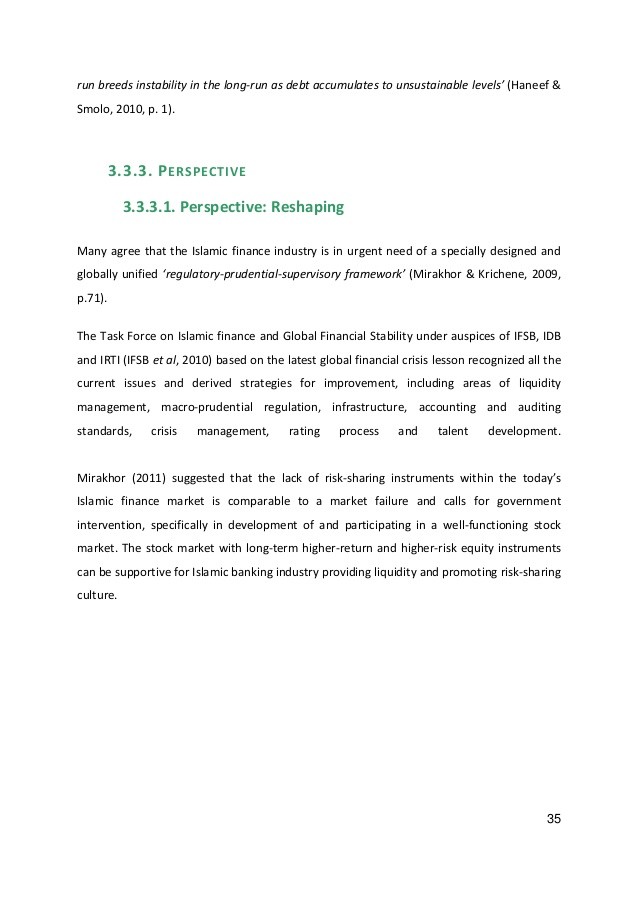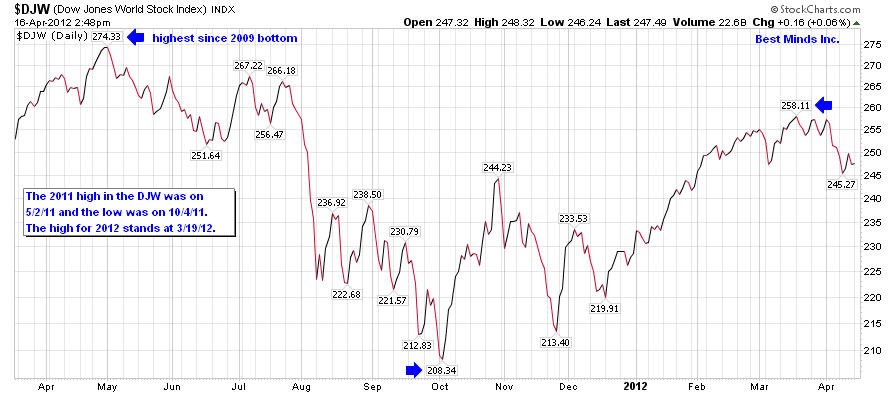Dow Jones Islamic Market Indexes in April 2010 Why debt matters
Post on: 13 Сентябрь, 2015 No Comment

Rate Article:
Create alert for European Monetary Union European Monetary Union
By Gérard Al-Fil
It was the East again which won the monthly race for index points within the Dow Jones Islamic Market (DJIM) Index family. The DJIM Singapore Index topped the charts by ending 7.27% higher at 1,084.47 points (as of the close of trading of April 26). The South East Asian banking centre was followed by the DJIM South Korea Index (gaining 6.86% at 859.47 points) and the DJIM Turkey Index (6.22% higher at 3,581.70 points). In the meantime, the US and Europe stabilized. In New York, the conventional Dow Jones Industrial Average for 30 U.S. blue chips added 3.21% ending at 11,205.03 points. The DJIM U. S. Titans 50 Index ended up 1.85% at 2,204.57 points and the 25 Sharia’ah-compliant DJIM Titans in Europe fell by 0.46% and finished at 2,137.18 points.
Greece’s struggle against default castes a light on what debt can cause to society, a state and a political union. Since it joined the European Monetary Union (EMU), Hellas did not succeed in reducing its budget deficit but piled up US$363.8 billion (EUR 273,4 billion) or 13.6% of its GDP, putting even the Euro as a currency at risk. High debt ratios are considered to be impressible or haram under Sharia’ah. Firms which produce alcohol, tobacco, weapons, pornography or interest-bearing financial products are banned under Islamic law (Sharia’ah). The Dow Jones Islamic Market Index family also excludes those stock-listed companies whose debt-to-market capitalization ratio exceeds 33%.

“Debt destroys the work of human mankind, creates dependant individuals and companies and societies”, says Sohail Zubairi, CEO of Dar Al Sharia, an Islamic Finance consultancy in Dubai. Zubairi’s home country Pakistan has the best performing DJIM Index (up 15.10%, closing at 12,361.20 points) on a year-to-date basis.
With oil prices not advancing further than US$84 per barrel, the Gulf States did not advance further and their indexes are found at the bottom of the charts in April. The DJIM composite of the Gulf cooperation council states (Saudi Arabia, Kuwait, Qatar, Bahrain, UAE and Oman), of Kuwait and of Dubai’s top ten, lost 1.68% (at 1,309.94 points), 2% (at 939.59 points) and 6.5% (at 2,350.77 points), respectively. The DJIM Oil and Gas Index, on the other hand, was the best performing Islamic pure or halal sector index in April, jumping 5% higher and closing at 3,564.77 points. The GCC states have one of the lowest budget deficits of the world.
But the government in Athens cannot function anymore without a multi-billion rescue package of the European Union EU. However, Germany is no longer ready to pump money to those states in the EU that are in need, unless they provide a thorough saving plan. Under Sharia’ah, money cannot create more money unless the transaction is based on real assets such as commodities or real estate. This is why financial derivatives, such as options and futures are banned as well in Islam. It is interesting to note, that even non-Muslim states are becoming more critical of non-Islamic or haram issues. In Switzerland, the labor unions demand a ban for the use of derivatives at banks. “The excessive use of derivatives triggered the financial crisis and eventually eradicated thousands of jobs,” claims Swiss syndicate’s chief economist Daniel Lampart. While Islamic finance grows at stop-watch-speed, Western states discover their own religious roots in ethical finance. As the French philosopher André Malraux stated already some 60 years ago: “Le 21’ème siècle sera religieux ou ne sera pas — the 21st century will be religious or it won’t be.”














